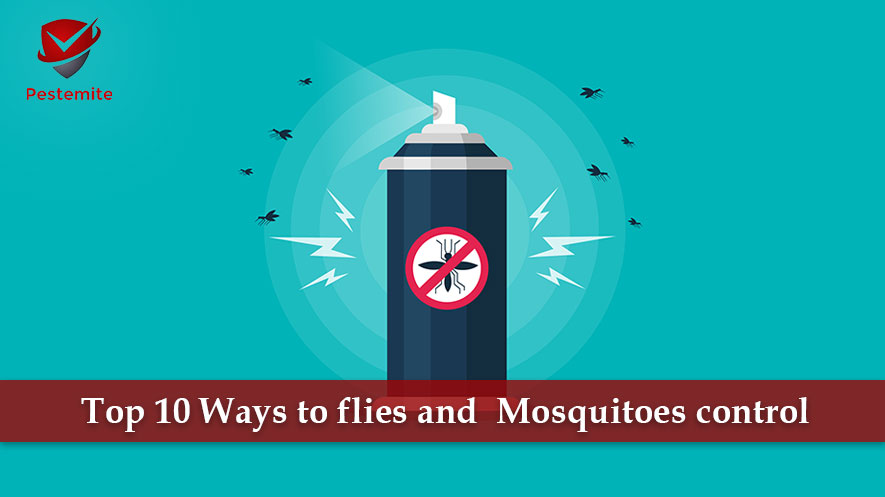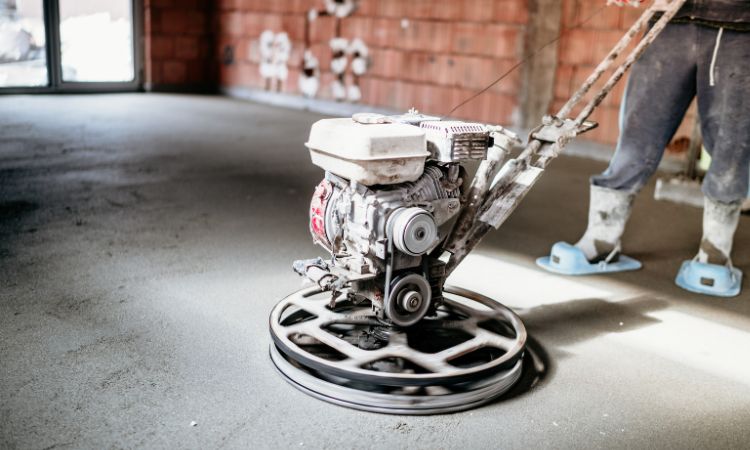
Flies can find their way into homes even when all doors and windows are closed. This happens because they can fly through even the smallest cracks and crevices.
Farm garbage (especially rotting straw bales; wet grain and waste from calf pens) dumped at landfills can be loaded with fly maggots and pupae. Landfill workers must be alert to this and compact and cover such garbage at least twice a week.
1. Use a mosquito net
Flies and mosquitoes control net acts as a barrier against these buzzing pests, keeping them away while you sleep or relax. They come in various styles, materials, and sizes to match your home decor and budget.
They are particularly important for pregnant women, who are at a higher risk of developing mosquito-borne diseases such as malaria and Zika. Preventing these diseases enables the woman and her unborn child to live healthier lives and saves on healthcare costs.
Mosquito nets that are impregnated with insecticide — known as long-lasting insecticidal nets or LLINs — kill and repel mosquitoes without the need for reapplication.
2. Keep the windows and doors closed
Flies are not only annoying, but some spread diseases such as West Nile virus, eastern equine encephalitis and dengue fever. Keep doors and windows closed as much as possible, especially during dusk and dawn when mosquitoes are most active.
Eliminate breeding areas by removing any standing water. Mosquitoes lay their eggs in small amounts of water, and even the smallest puddle can contain hundreds of mosquitoes.
Change the water in bird baths, flower vases, pet bowls and bathroom sinks frequently, and put sand in the bottom of plant pot saucers to absorb pooling water.
3. Keep the windows open
Flies can enter your house through holes in window and door screens. Make sure that the screens are in good condition. You can also use a fan to create a cross breeze that will help keep mosquitoes away from your home.
Flies are attracted to bodies of water, rotting food, and other decaying material. Therefore, it is important to clean outside garbage cans frequently. In addition, you should regularly check your yard to ensure that there are no areas of standing water where mosquitoes could breed.
4. Make sure the screens are in good condition
Keep all window and door screens in place and in good condition. Consider mosquito netting over infant carriers and beds.
Mosquitoes breed in standing water, so remove any containers that can hold rainwater like barrels, bird baths, kid’s toys, wheelbarrows, plant pots and old tins. Clean gutters regularly to prevent clogging.
Flies also breed in rotting food, garbage and faecal matter, so store produce, condiments and other foods in the refrigerator to deprive them of their food sources. Also consider attracting animals that feed on flies to your yard.
5. Keep the floors clean
Flies typically enter homes through torn window screens and open doors, and they’re often attracted to rotting garbage, mulch piles and sewage spills. Eliminate all of those attractants to cut down on the number that find their way indoors.
Make sure to dispose of pet waste regularly and bury food scraps in the compost, instead of piling them on top of the heap. Also, keep trash cans sealed and positioned away from points of entry.
Plants like basil and lavender repel flies, and eucalyptus oil is another effective home remedy.
6. Keep the kitchen counters clean
Flies breed in standing water, so it is important to keep all areas of your home or patio dry. This includes bird baths, pet dishes and flower vases. It is also a good idea to change the water in these containers daily.
You can also use a eucalyptus oil or lavender oil spray to repel flies. These oils are effective because flies dislike their scents. Lavender has been shown to be particularly effective at deterring fruit flies. It can be sprayed in kitchens and dining areas where these pests tend to hang out.
7. Keep the windows closed
Many people enjoy spending time outdoors, but mosquitoes are often a major deterrent. These pesky insects can also carry diseases that can be serious and even life-threatening.
Eliminate breeding areas by draining puddles and dumping stagnant water after it rains. Mosquitoes can lay eggs in as little as a soda bottle’s worth of water.
Clean out areas where water might collect, such as plant saucers, dog bowls and bathroom and shower trays, and change the water daily. This is important because mosquitoes are attracted to body heat, odors and carbon dioxide.
8. Keep the doors closed
Flies often enter homes and buildings through the smallest of entrances, so it is important to keep doors shut as much as possible. This can help prevent flies from getting inside and spreading disease to humans.
Favourite breeding spots include puddles, bird baths, plant saucers and leaky water tanks. It is recommended that these areas be checked regularly to ensure they are empty.
Gutters that are clogged with leaves and other debris can also create mosquito breeding sites. Check gutters for water that has stood for days after rain and drain or dump the water.
9. Keep the floors clean
While a fly swatter can be useful for removing flies from surfaces, the best way to get rid of them is to prevent them from breeding in the first place. Flies breed in areas where there is dampness and decaying organic matter, so sweeping the kitchen floor daily is important, as is cleaning and sanitizing any spills.
Also, make sure garbage cans are properly sealed and stored and move mulch piles away from the house because flies breed in them. And empty crock pots, planters, and other containers of standing water every day.
10. Keep the windows closed
Flies can be sneaky and find their way into houses, garages and shops through the smallest cracks and crevices. Blocking all the usual entrance points to your home should reduce their numbers, Troyano says.
professional mosquitoes exterminator is attracted to things like garbage, faecal matter and rotting produce. Keeping your garbage cans closed, removing any food debris and cleaning up compost piles will help keep them away. Reflective objects like plastic bags full of water can also repel flies, as their eyes are sensitive to light. Eucalyptus oil is another good repellent, Rollins says.




















